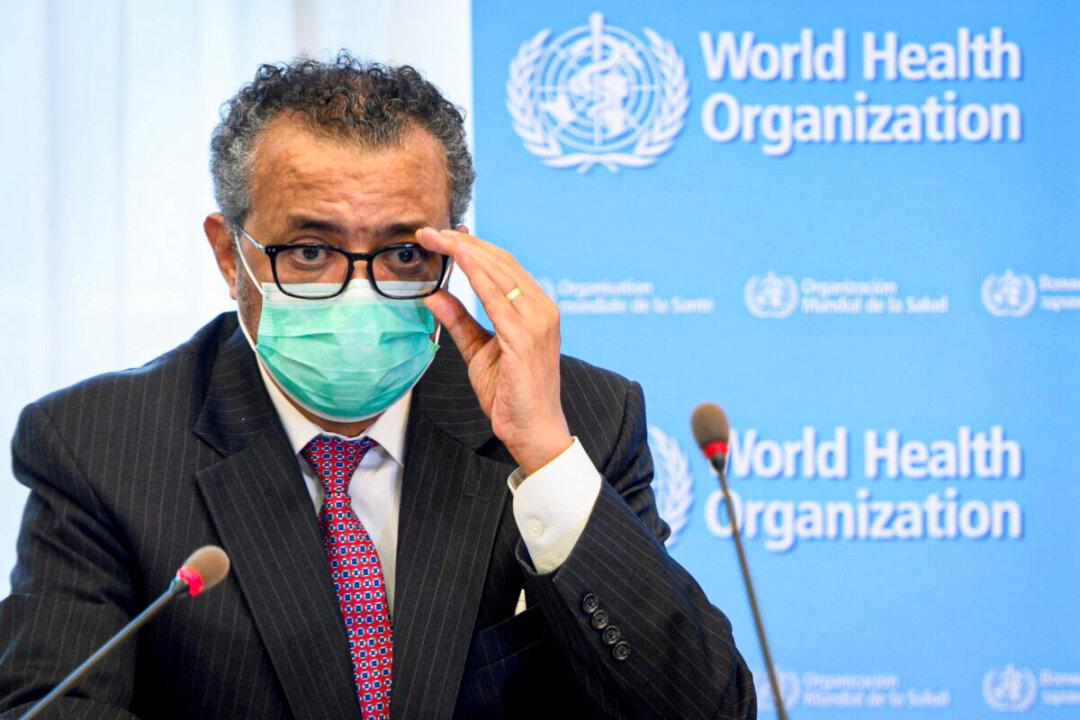World Health Organisation (WHO) director-general Tedros Adhanom Ghebreyesus on Wednesday shared his concerns over what he calls is a “false sense of security that vaccines have ended the pandemic,” while warning that the COVID-19 pandemic is not yet over.
Speaking on the eve of Thanksgiving at a news briefing in Geneva, Tedros said the WHO was concerned that individuals from multiple countries across the globe who have received COVID-19 shots are no longer taking precautions to protect both themselves and others against the virus.




